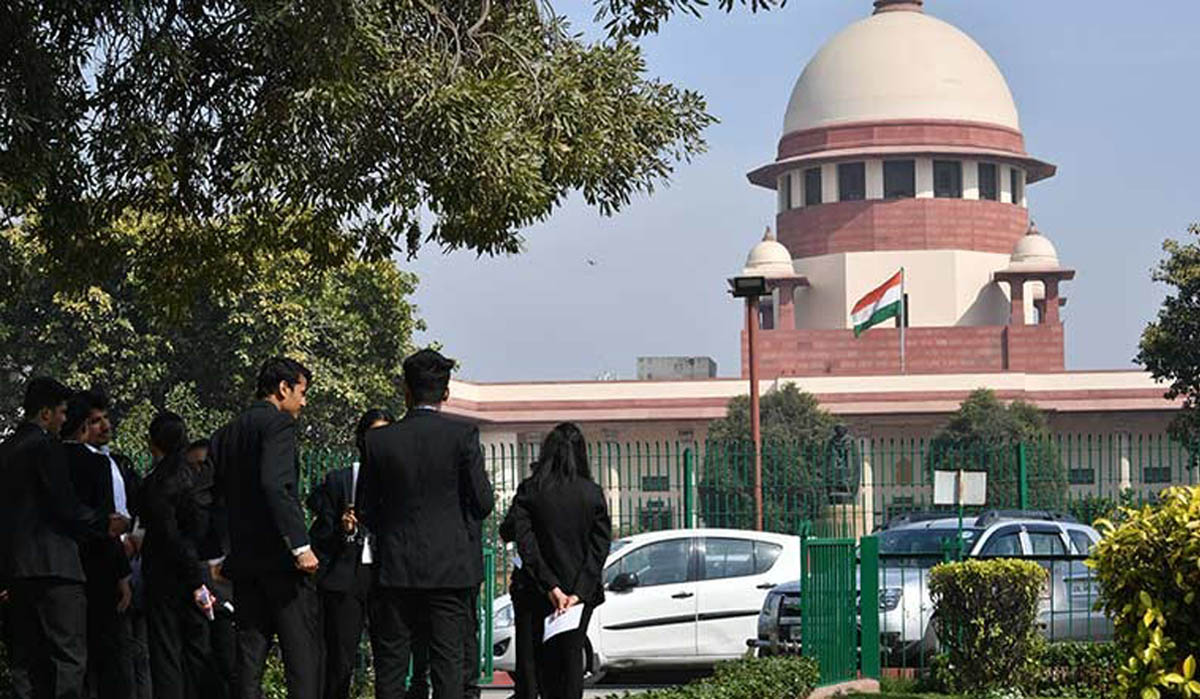In a landmark judgment, a seven-judge bench of the Supreme Court observed that states are empowered to make sub-classifications and provide quotas for most backwards within the scheduled caste / scheduled tribes categories. The apex court however observed the sub-classification must be quantifiable and cannot be done as per the whims of the state governments.
Six of the seven-judge bench including Chief Justice D.Y. Chandrachud and Justices BR Gavai, Vikram Nath, Bela M. Trivedi, Pankaj Mithal, Manoj Misra and Satish Chandra Sharma pronounced concurring verdicts. Justice Tirvedi gave a dissenting verdict. Majority judges overruled the 2004 E.V. Chinniah judgment which held sub-classification was not permissible.
The apex court observed that sub-classifications within the SC categories were not in violation with the principle of equality enshrined under Article 14 of the Constitution. “There is nothing in Articles 15 and 16 which prevents the State from sub-classifying a Caste”, Live Law reported quoting the verdict.
The apex court, while ruling states are empowered to conduct the sub-classifications, observed that separate quota must be given based on demonstrable data and states cannot act as per its whims.
In the dissenting verdict, Justice Trivedi observed that provisions under Articles 14, 15 and 16 are merely enabling provisions and cannot give the power to states to sub-classify, Live Law reported.


